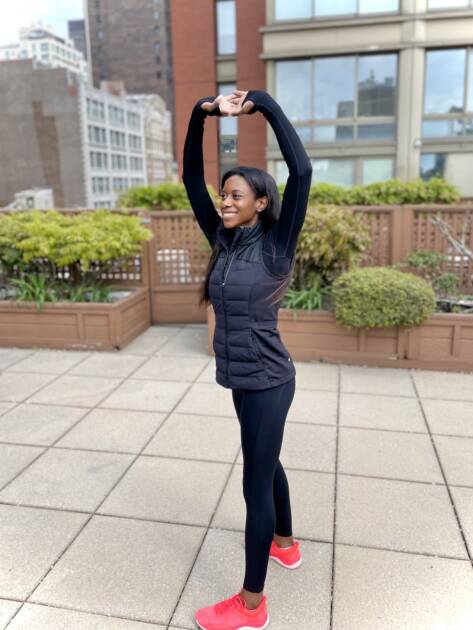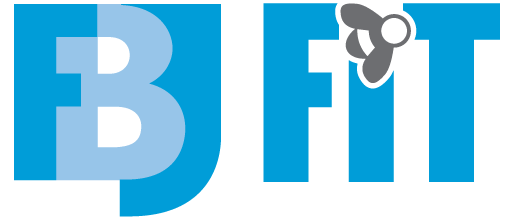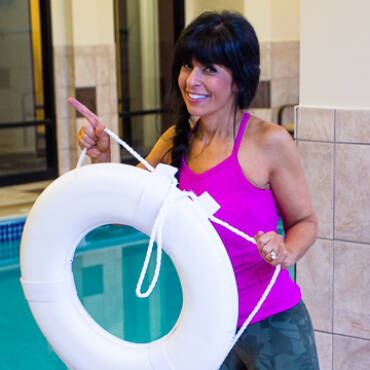While Theodore Roosevelt likely could never have imagined the advent of social media when he stated that “comparison is the thief of joy,” his words have never rung truer. It is little wonder, as amidst a backdrop of sensory overload of photoshopped images, innumerable posts creating unattainable expectations about everything from your appearance to your popularity, like buttons, follower counts, and targeted ads, it is becoming increasingly difficult not to judge the inside of your life against the outside of everyone else’s.
It is certainly no secret that the internet has become an ever-increasing and almost unavoidable presence in each of our lives. While many of these platforms have provided the ability to communicate and connect with a vast amount of people and content, the constant barrage of information and thousands of carefully curated profiles has played a significant role in an epidemic of low self-esteem, depression and anxiety, contributing to a global mental health crisis.


Despite the concept that the internet brings us closer together, its overuse can intensify feelings of loneliness and exclusion. Even beyond social media, the onslaught and instant access to news coverage, which is aptly described as “doomscrolling,” particularly in these chaotic times, can add to a sense of hopelessness. Dilan Gomih, the multifaceted Chief Energy Officer of Dilagence, a company that helps busy professionals fuel their own personal success as well as to maximize their performance and productivity shares some strategies on how to combat this and to reclaim control over your mental wellbeing.
Dilan’s Tips:
1. Use “Focus Mode” on your Smartphone: You have more control beyond “Do Not Disturb” mode. Smartphone users can control what they see by programming specific modes to control which notifications are seen by day, time, and app.
2. Find Time for Phone-Free Walks: Aim to take a 10-15 minute phone-free walk 2-3 times during the work week to clear your mind and give your eyes a break.
3. Avoid Checking the Phone First Thing: Let the first thoughts of the day be your own. Resist checking your phone for the first 2-3 minutes of the day and instead use the time to simply consider what you want out of the day. From there, the notifications you do see on your phone need to fit into that framework. At a minimum, ensure your phone screen only shows the time and no notifications for the first few minutes of your day.
4. Don’t Hesitate to Unfollow: Curate your current feed and protect your peace. Negativity can linger for longer than the 1-2 seconds after you’ve seen a post from a friend, news outlet, or influencer that makes you feel angry, anxious, or depressed. Feel free to unfollow or mute channels that make you feel this way.
5. Create a Happy Channel: Use social media as a tool for good. Consider creating a separate Instagram channel where you only follow channels that bring you joy and have nothing to do with your friends or the outside world. If you’re still breaking the habit of checking social media, use this channel to ensure you’re only filling your mind with mood-boosting content instead of running the risk of seeing something stressful.
6. Set the Tone and Topic in Your Conversations: Whether it’s a catch-up with a friend at dinner or a colleague, there are positive ways to simply state a preference to focus on hearing life or work updates rather than discuss the news cycle.
7. Balance Your News Intake: It’s important to stay informed, but consuming too much news can be overwhelming. Limit how much you take in each day to avoid feeling anxious or stressed. Focus on getting the essential updates without letting the constant stream of information take over your life.
8. Don’t Keep It from Replacing Real Life: Interacting with friends online can be enjoyable, but it shouldn’t take the place of face-to-face conversations. Keep cultivating authentic, genuine connection with the community around you. Scroll through your texts and find one person you’ve been meaning to catch up with and plan to meet, Zoom or catch up this week.


At the end of the day, creating a balanced and happy life isn’t going to magically download from anything on your internet feed. Try re-framing your thoughts about your screen time as being a tool rather than a lifeline. Take some time to unplug, unsubscribe and quite literally, live a little.
About Dilan Gomih:
Dilan Gomih began her career in finance on Wall Street after graduating from Yale University. Following a Flywheel class with a colleague after work, she quickly realized how a hard workout improved her mood and boosted her job performance, helping her achieve “28 hours in a 24-hour day.” Motivated to spread awareness about the benefits of physical activity on workplace output, Dilan struggled to find a straightforward solution, leading her to pursue an MBA at Harvard Business School. Since founding Dilagence while still working in corporate America, Dilan has collaborated with leading companies such as Google, Pinterest, New York University, and J.P. Morgan to build or enhance their corporate wellness initiatives. She has also held strategic roles with leading fitness companies such as Barry’s Bootcamp, where she continues to share her talents as an instructor, as well as CrossFit. Dilan’s expertise lies in transforming leadership and sales teams through wellness and movement strategies. This results in tangible improvements, such as increased revenue and enhanced performance.
Dilan chose the name Dilagence as a play on “diligence,” which means “persistent, energetic effort” — the kind of effort needed to drive meaningful outcomes when integrating movement into busy daily routines.





